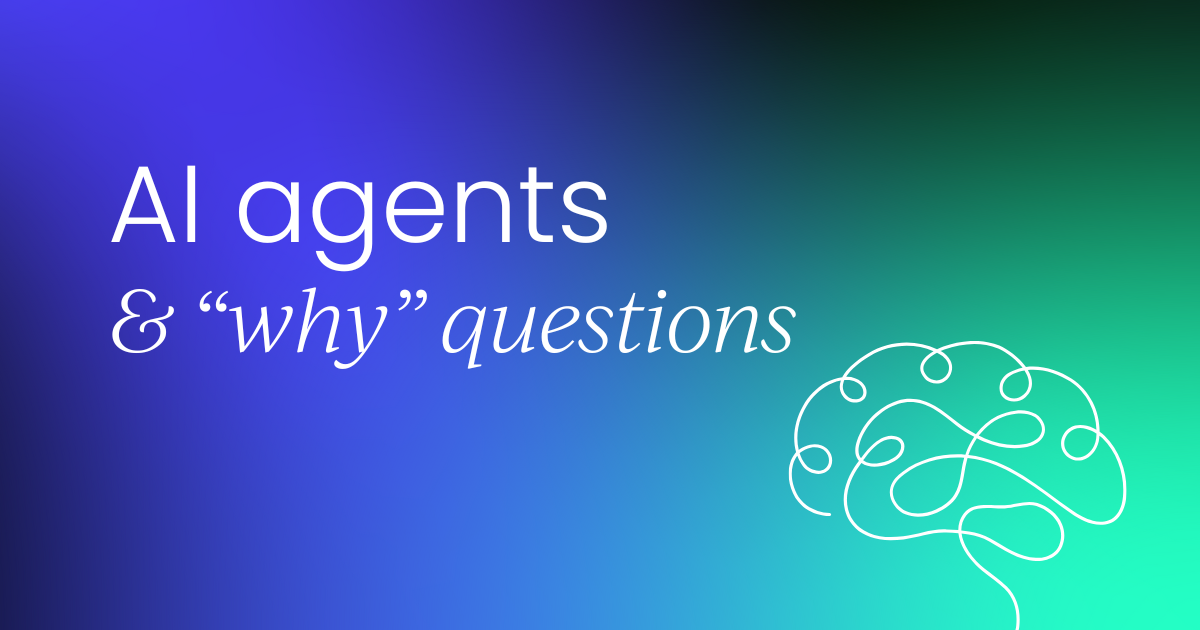Large language models and research progress: Q&A with an aerospace engineer
NeutralArtificial Intelligence

- The capabilities of large language models (LLMs) are advancing quickly, impacting areas such as web search and data analysis, yet there is insufficient critical reflection on their integration into academic research.
- This rapid development is significant for researchers and institutions as it highlights the necessity for frameworks that can effectively incorporate LLMs into research practices, ensuring their responsible use.
- The ongoing discourse around LLMs encompasses concerns about their truthfulness, the need for task
— via World Pulse Now AI Editorial System

